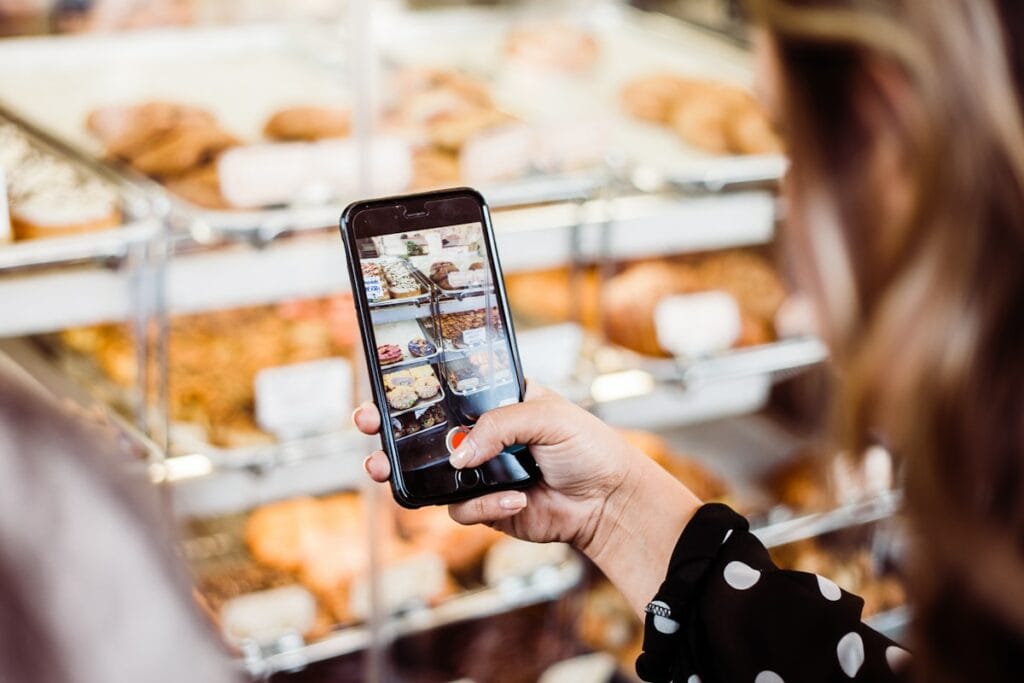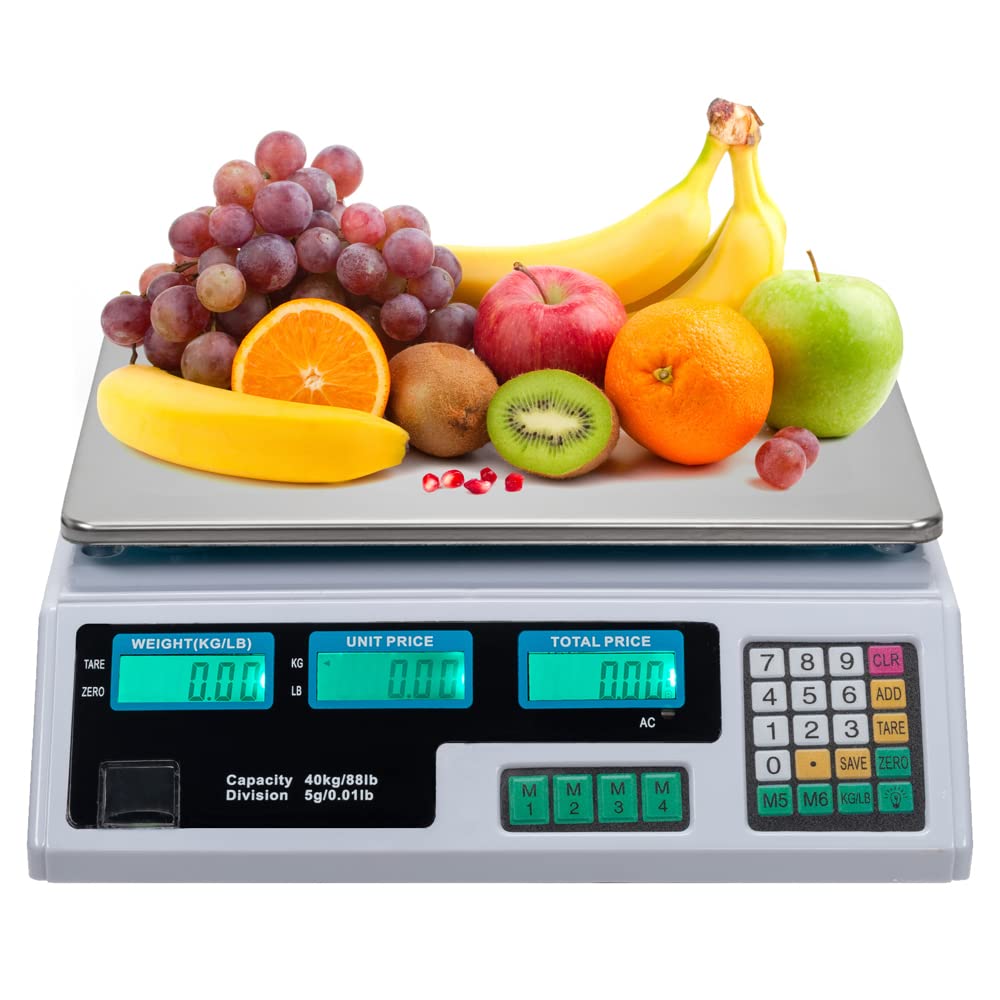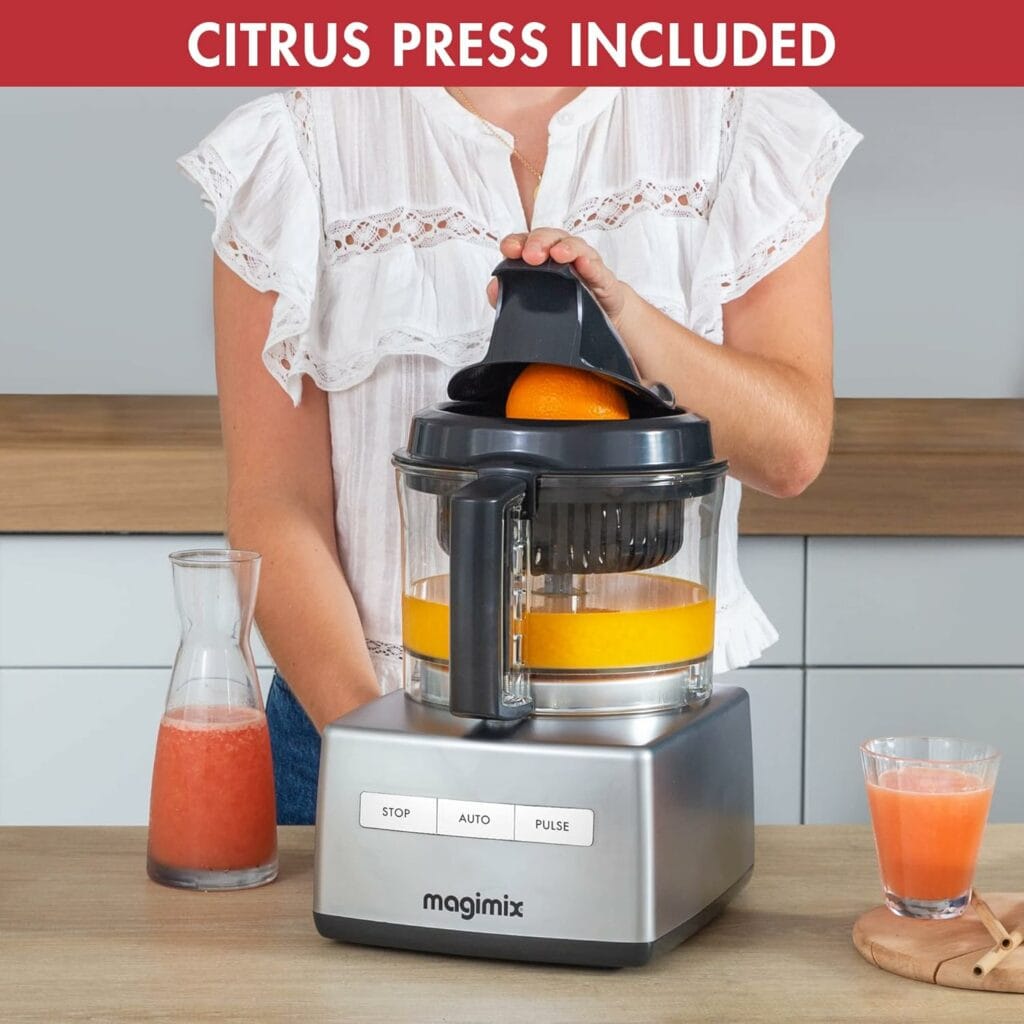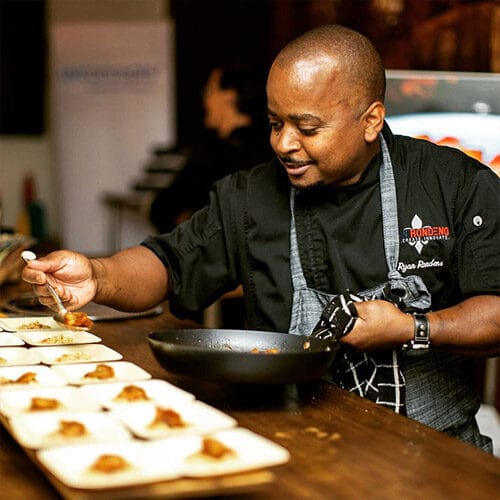Eating Without Guilt- Calorie Counting, Mindful Eating and Science
How do you savour life’s little indulgences and stay mindful of your health? This dilemma is where calorie counting, mindful eating and science meet. If you struggle with eating without guilt, keep reading...

As I walk by my local bakery, the warm, sugary scent of freshly baked donuts drifts through the air, filling my mind with memories of rich flavours and soft, doughy sweetness. Each glazed pastry in the window sparkles under the lights, daring me to go in and treat myself ( again!). But even as I savour the thought, a familiar pang of guilt starts to creep in, tugging at me with reminders of “empty calories” and the latest numbers on my scale…
I also have a scale in my kitchen for all the cooking adventures but counting calories is easier said then done…I love food, from cooking to eating and everything in between and I know I’m not alone in this inner struggle—caught between the simple joy of enjoying food and the relentless pressure to keep track, to eat “right,” to resist the temptation.
While I choose to take a picture instead of buying any of these incredible gastronomic temptations, I wonder: is there a way to bridge the divide between savouring life’s little indulgences and staying mindful of my health? This dilemma is where calorie counting, mindful eating and science meet.
While they might seem at odds, combining the tree can actually transform how we approach food, not just as a number but as nourishment and joy. It’s a balance that, when achieved, can lead to a deeper sense of wellbeing, allowing us to embrace even the occasional donut without the guilt.
Our conversations around food often revolve around calories, nutrients and the science of weight management. But calorie counting and mindful eating, though commonly paired in modern diets, come from vastly different roots—one from scientific exploration and the other from ancient traditions. The marriage of these concepts in our everyday lives impacts physical health, mental clarity and emotional resilience, shaping our wellbeing in surprising ways.
I have to say that for a change I enjoy my food processor, from the citrus press making fresh orange juice to reducing my prep time. This autumn really helped me grate 1.4kg of carrots in one go, so feeling my jars for winter is so much easier. Best part is that is really quiet and let me listen to my favourite podcast!
The Origins of Calorie Counting
Calorie counting has its roots in the late 19th century when scientists were fascinated by energy, metabolism, and how the body used fuel from food. In 1894, American chemist Wilbur Olin Atwater measured how different foods released energy in a device called the “bomb calorimeter.” This method allowed him to determine the calorie content in foods by burning them and measuring the heat produced. He laid the foundation for modern calorie-counting by developing a system that classified the calories in carbohydrates, proteins and fats—figures that remain central to nutrition science today.
As calorie counting evolved, it became a cornerstone of dietetics, reaching the public eye through the rise of low-calorie diets in the early 20th century. By the 1950s and 60s, counting calories became associated with weight loss and fitness, leading to the “calorie-conscious” lifestyle.
On my birthday I gifted myself a new calorie counting scale to track what I eat, but its simplicity sometimes overshadowes the complex needs of human health.
While calorie counting remains a practical tool, it’s worth noting that it doesn’t capture all aspects of nutrition. Not all calories are created equal; nutrient-dense calories from whole foods nourish the body differently than those from processed foods. In response, the health and wellness field has begun to shift focus from pure calorie restriction to a broader approach—one that recognizes the quality of calories and the benefits of “mindful eating.”
Mindful Eating: Ancient Roots, Modern Revival
Mindful eating, though relatively new to Western wellness practices, draws on ancient traditions. Rooted in Buddhist teachings, mindfulness encourages individuals to pay attention to the present moment, whether in meditation, movement, or daily habits. In the context of eating, mindfulness extends beyond physical hunger to encompass an awareness of flavors, textures, and emotions.
The principles of mindful eating became popular in the 1970s as Western psychology and health practitioners began exploring the mental and emotional facets of eating. Mindful eating is not about restriction or control; instead, it emphasizes awareness and appreciation. By engaging fully with food, mindful eaters tune into their body’s signals, honor their hunger and satiety cues, and learn to differentiate between physical hunger and emotional cravings.
While calorie counting can sometimes lead to a diet-driven, restrictive mindset, mindful eating offers a liberating alternative that encourages people to savor food and cultivate a healthier relationship with it. Together, these practices can create a balanced approach where we remain aware of nutritional needs without sacrificing the enjoyment and satisfaction that food brings.
Combining calorie awareness with mindful eating can positively influence physical, mental and emotional wellbeing. Here’s how each aspect can make a difference in everyday life:
Calorie counting can be an effective tool for those aiming to manage weight, gain muscle, or regulate blood sugar. Tracking intake helps ensure that the body receives appropriate fuel for energy and vitality. However, excessive focus on calories alone can sometimes lead to nutrient deficiencies if not combined with a mindful approach to food choices.
Mindful eating complements calorie awareness by encouraging balanced, nutrient-dense meals. People practicing mindful eating are less likely to eat past fullness or reach for calorie-dense, nutrient-poor options, reducing the risk of overeating. Studies show that mindful eaters are generally better at managing body weight and experience fewer digestive issues, which can contribute to a more sustainable and enjoyable eating pattern.
The connection between food and mental function is increasingly acknowledged in nutrition science. Foods rich in omega-3 fatty acids, antioxidants and fiber can boost cognitive function, while highly processed or sugary foods are linked to energy crashes and sluggishness. By tracking calories and focusing on nutrient-rich foods, you can improve cognitive performance, support a steady mood and sustain energy levels throughout the day.
Mindful eating, in particular, can reduce stress and mental fog. Eating without distractions—away from screens and stress—encourages you to slow down, helping digestion and promoting mental clarity. This heightened awareness can spill over into other areas of life, cultivating a sense of calm and focus that supports mental wellbeing.
Food is deeply tied to emotions. Calorie counting, if used rigidly, can sometimes foster negative associations with food, leading to cycles of guilt or restriction. Mindful eating provides a valuable counterbalance by helping you connect with the pleasure and comfort of food without guilt. It encourages individuals to approach food as nourishment and pleasure rather than as numbers on a chart.
When I combine calorie counting with mindful eating, I find myself more in tune with my body and emotions. I become aware of emotional eating triggers and develop healthier responses, such as eating when truly hungry rather than in response to stress, sadness or boredom.
Food connects us to our cultural heritage, traditions and communities. While calorie counting can sometimes feel isolating, mindful eating allows people to enjoy social meals and celebrations without worry. By savoring food and appreciating shared experiences, if, like me, you are a mindful eater, you can enjoy a rich, balanced life where food is a source of connection rather than concern.
Practical Steps to Eat Without Guilt
Here’s how you can blend calorie counting with mindful eating in a way that enhances wellbeing:
Start with Awareness: Keep a food journal, noting what you eat along with how you feel. Track not only calories but also your emotional state, hunger level, and satisfaction after each meal.
Prioritize Nutrient Density: Focus on foods high in fiber, protein, and healthy fats. When calories are nutrient-dense, you naturally feel fuller and more satisfied, making calorie counting feel less restrictive.
Practice Mindful Moments: Before eating, take a moment to appreciate the colors, textures, and aromas of your food. Pause between bites, savoring flavors, and paying attention to your body’s cues.
Be Flexible: Rather than seeing calorie goals as strict limits, use them as a guideline. Allow yourself room to enjoy occasional indulgences without guilt, which supports a healthy, long-term approach to eating.
Wrapping Up Thoughts
The blend of calorie counting and mindful eating provides a holistic approach to nutrition and bring something unique to the table—one offering structure and awareness, the other freedom and intuition. Together, they create a balanced relationship with food, supporting not only physical health but also mental clarity, emotional resilience and the joy of eating. Let me know how it goes for you and remember: have one mindful bite at a time!
Do you want to share your story and inspire our readers ? Know that YOUR EXPERTISE is paving the way for a fairer, happier society.







